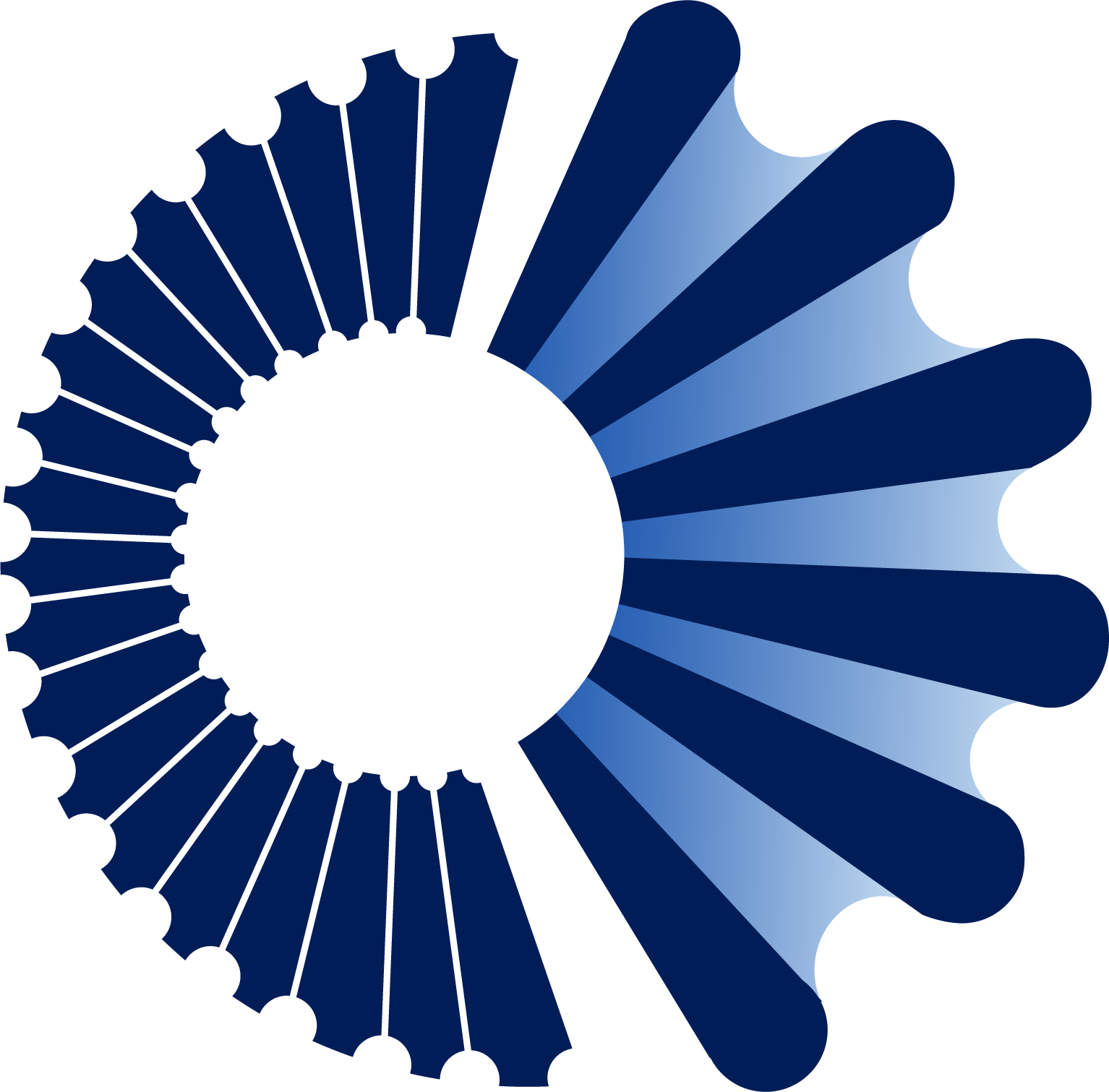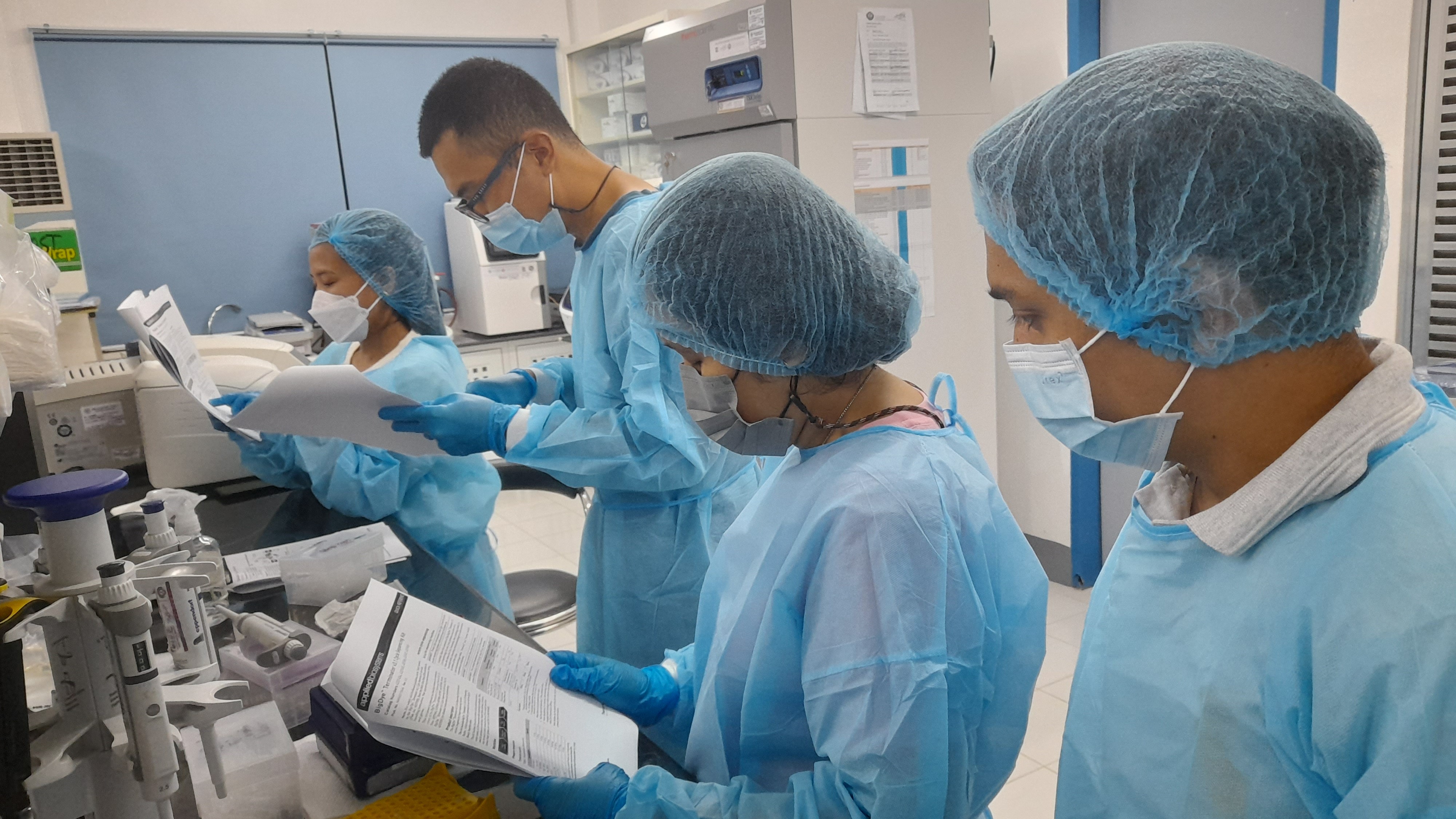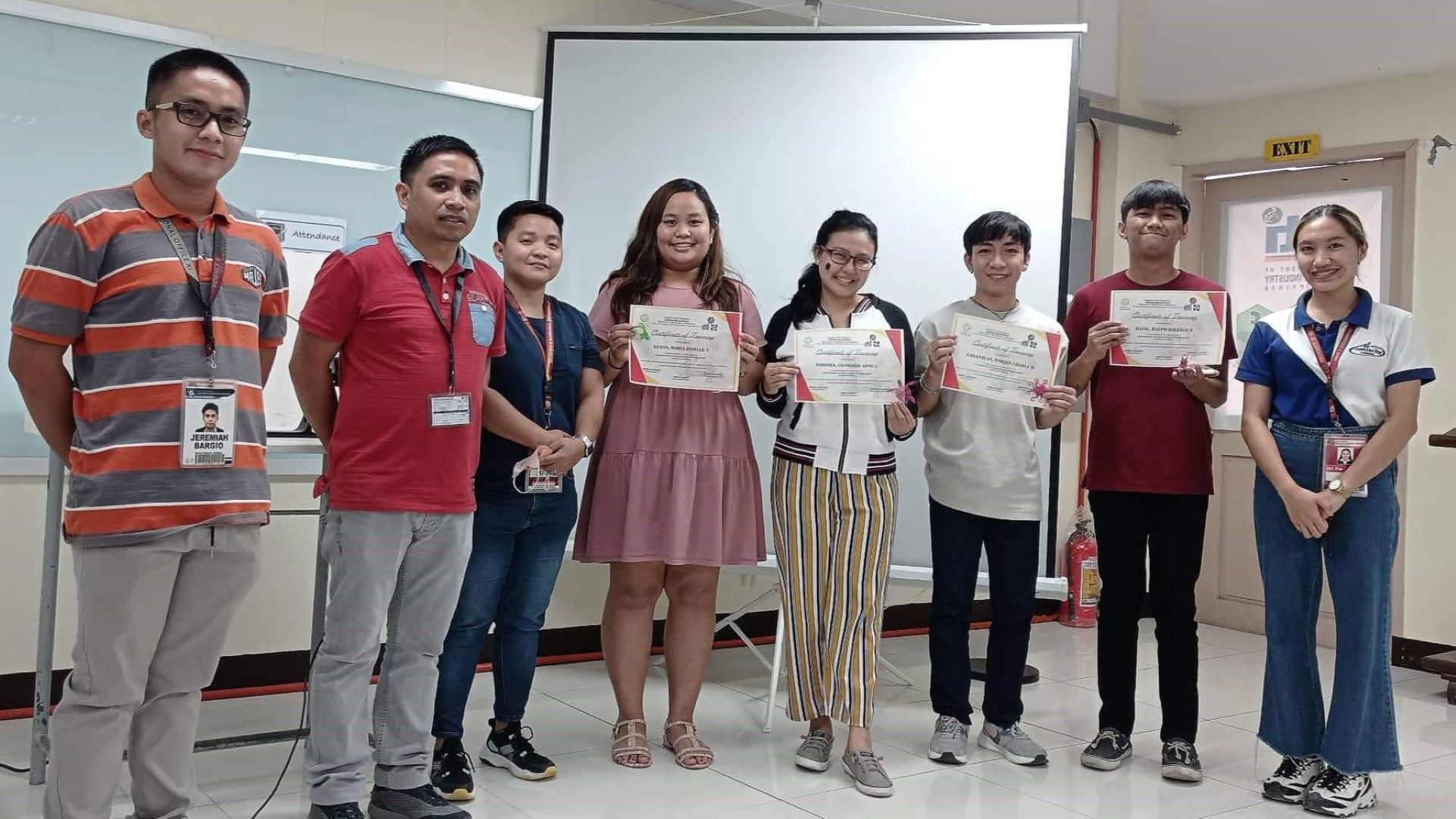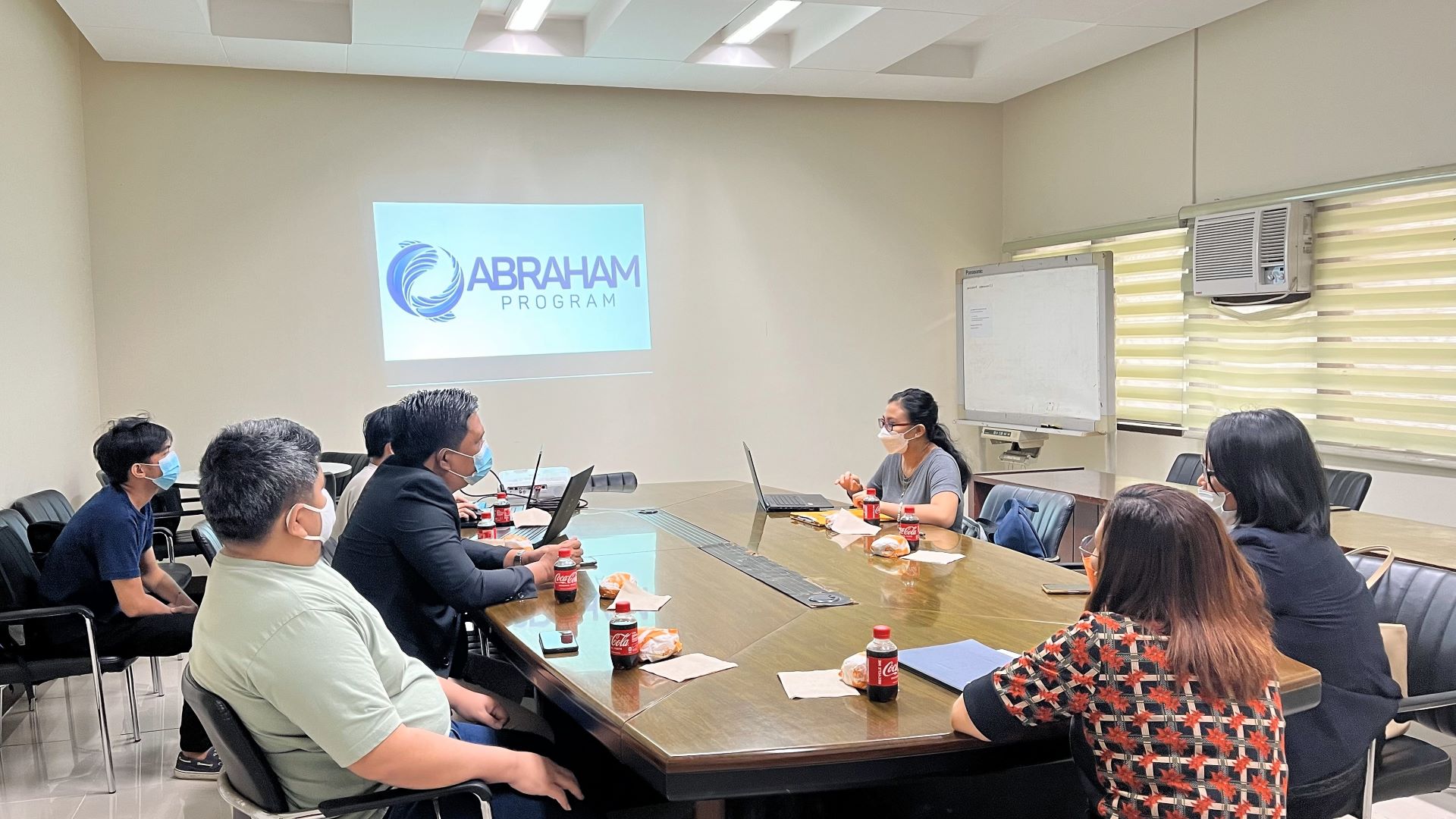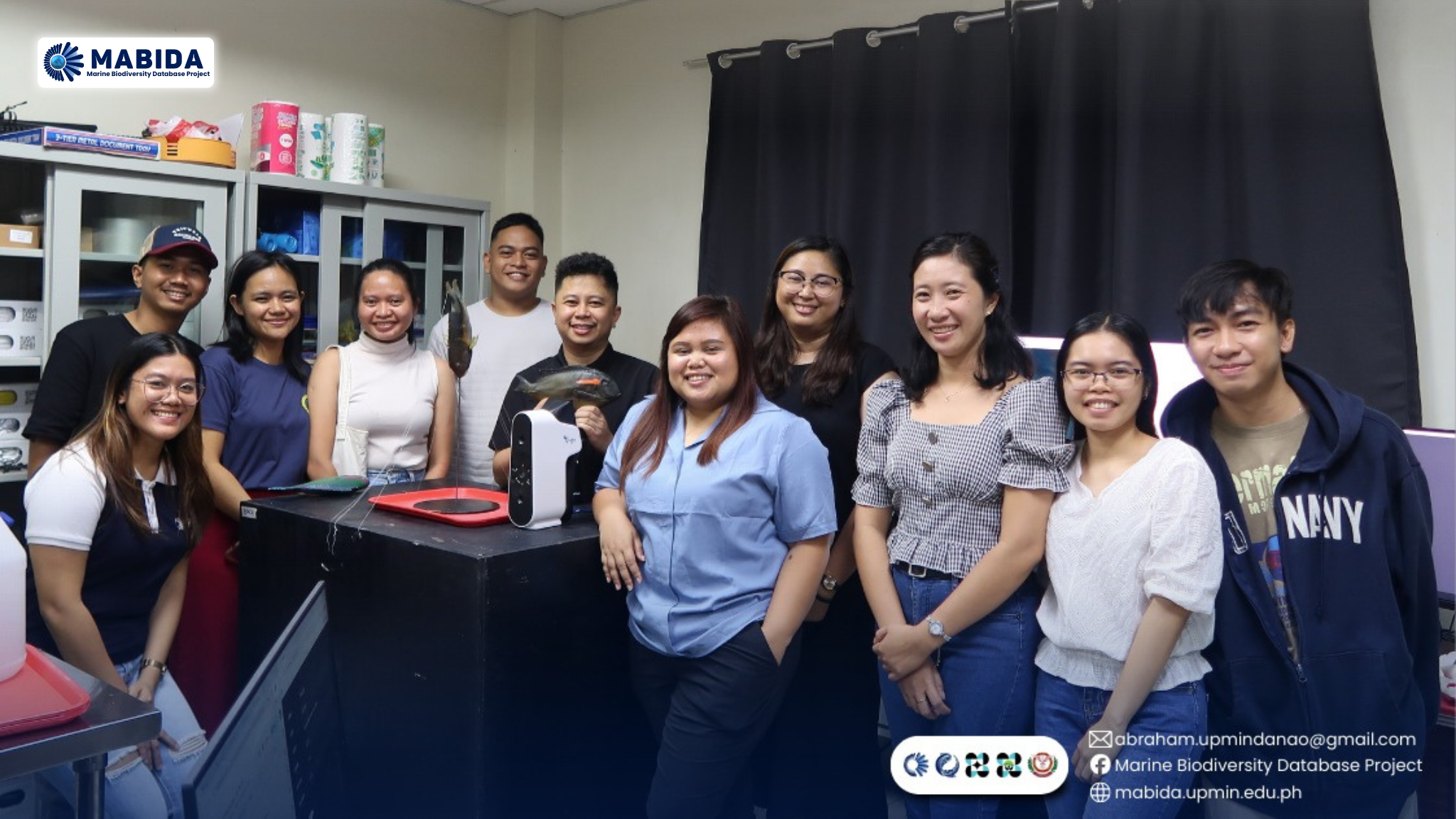
JRMSU and UP IMBIBE Laboratory Explore MABIDA’s Cutting-Edge Marine Research Tools
Written by Charisse Miguel
Uploaded on Oct. 23, 2024
On October 23, 2024, participants from Jose Rizal Memorial State University (JRMSU) and the UP Interactions of Marine Bionts and Benthic Ecosystems Laboratory (IMBIBE Laboratory) of the UP Marine Science Institute visited the MABIDA Project. Following a three-day DNA barcoding training organized by the Coral Reef Resiliency and Ecology Studies Laboratory, the group explored MABIDA’s advanced 3D scanning and printing equipment, gaining insights into our cutting-edge methods for marine biodiversity research. Both groups expressed keen interest in contributing to the MABIDA website to enhance our collective impact.
MABIDA looks forward to expanding data contributions through its active and committed collaborators, driving research and innovation forward!
